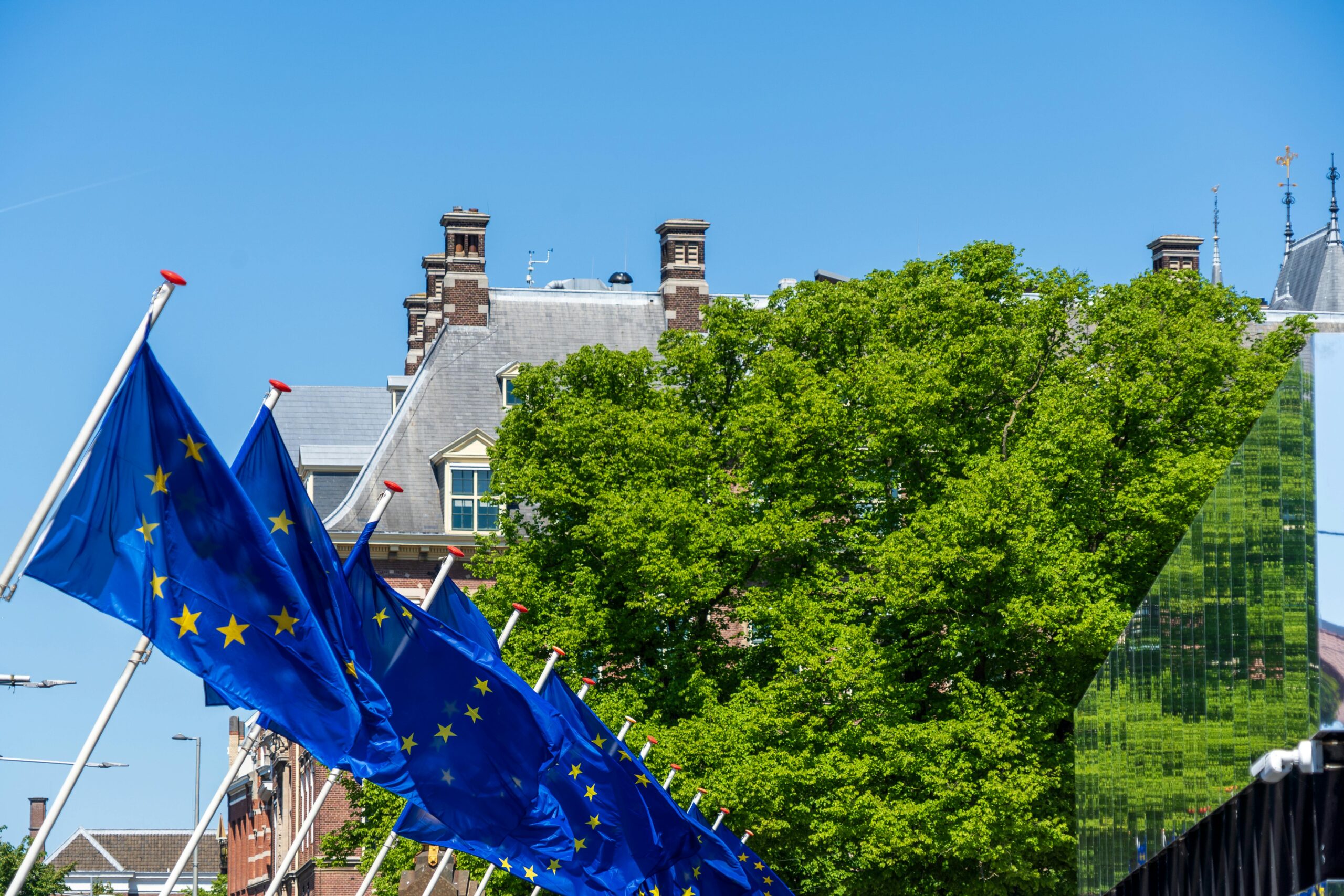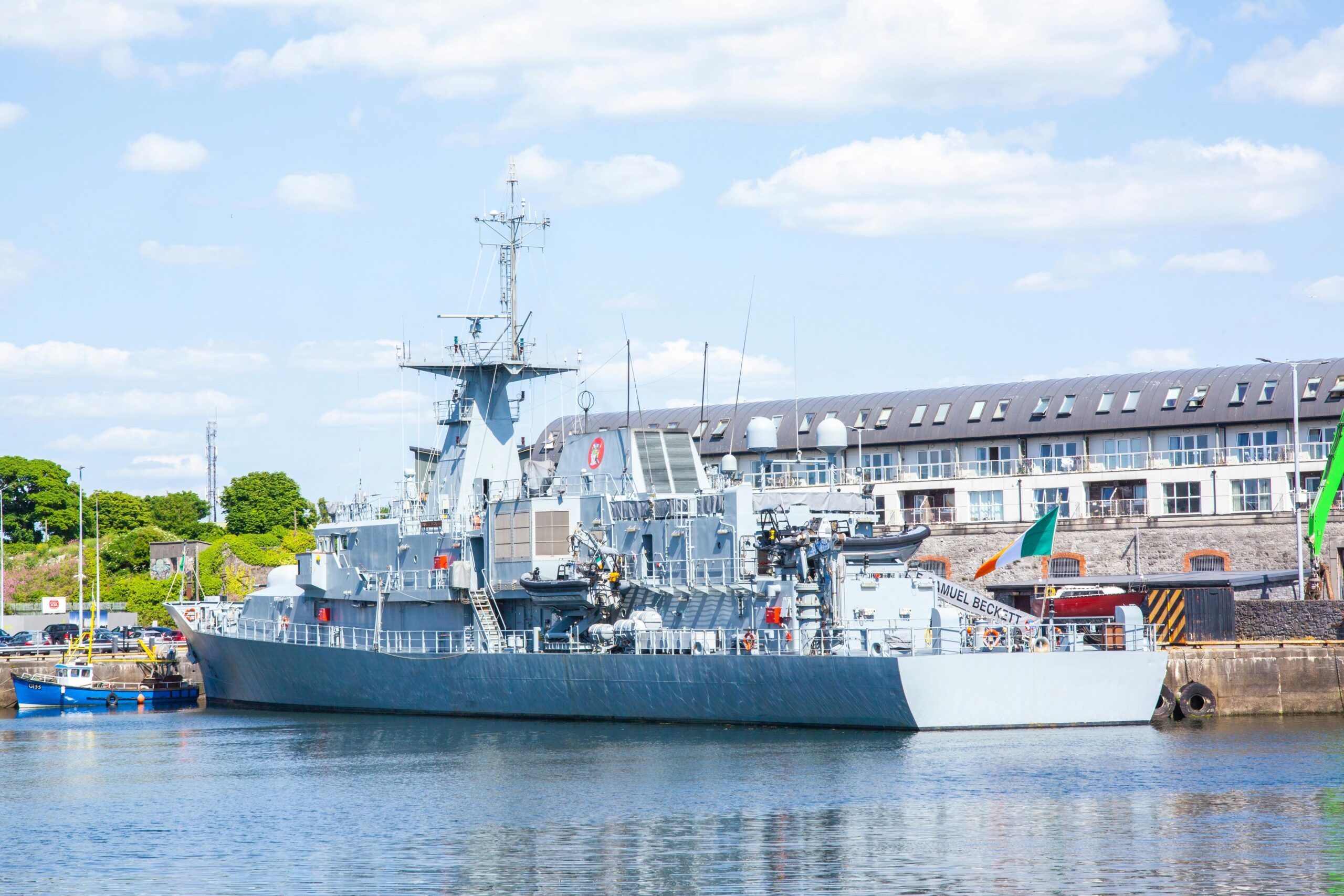On Tuesday, 29 July, eighteen European Union Member States made a request to the European Commission in Brussels for a combined total of €127 billion in low-interest loans from the Security Action for Europe (SAFE) programme. The requests are part of a major new EU initiative designed to radically overhaul the continent’s defence capabilities, reduce its military dependence on the United States, and provide sustained, large-scale support for Ukraine.
What is the SAFE programme?
The enormous financial requests fall under a new scheme known as the SAFE programme. First proposed by the European Commission in March as part of its wider ‘ReArm Europe’ strategy, SAFE makes up to €150 billion available for Member States to borrow. The core idea is to leverage the EU’s collective financial power. The Commission will borrow the money on international financial markets at favourable rates and then lend it on to the participating nations.
The terms are highly attractive. Countries will have a 45-year timeframe to repay the cheap loans, giving them the fiscal space to make significant, long-term investments in their armed forces. By pooling their procurement orders, countries can negotiate lower prices from manufacturers than they could by going it alone, ensuring better value for taxpayers’ money. The initiative represents one of the most significant shifts in European security policy in decades, moving the bloc towards greater strategic autonomy.
Who wants the money?
The strong interest in the programme, which exceeded initial estimates, demonstrates a new urgency among European leaders. The eighteen nations that have signed up span the continent, from founding members like France and Italy to Eastern European states on the frontline of tensions with Russia, including Poland, Estonia, and Lithuania. While the Commission has not released a country-by-country breakdown of the loan requests, some nations have announced their figures.
Leading the charge is Poland, whose Deputy Prime Minister confirmed that Warsaw has requested a staggering €45 billion. This single request highlights the immense pressure felt by countries in Eastern Europe to modernise their militaries in the face of regional instability.
Next steps
The key takeaway from this week’s announcement is the clear, unified political will across the EU to invest heavily in security and defence. While the initial “soft deadline” for expressing interest has passed, the Commission has indicated that the door remains open for other countries to join, with €23 billion still available in the fund.
Looking ahead, the participating nations now have until a final deadline of 30 November 2025 to submit their formal loan requests, along with detailed proposals for the specific defence projects they intend to finance. This will trigger the next phase, where the Commission begins the process of raising the capital. There is also potential for non-EU partners to participate, with the United Kingdom, having recently signed a security and defence partnership with Brussels, touted as a possible future participant.

